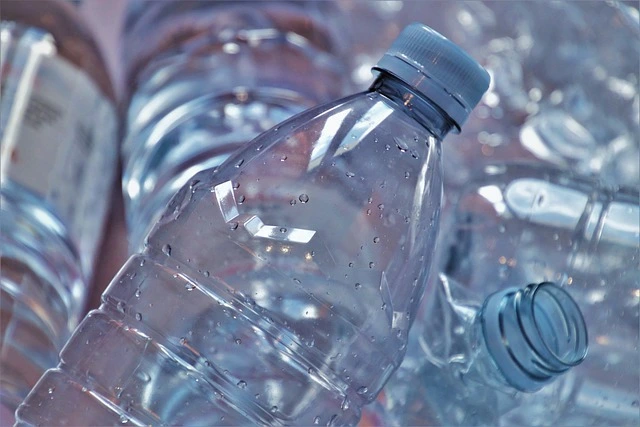Leveraging Tax Strategies to Navigate Beverage Manufacturing Taxes and Promote Sustainability Initiatives
The bottled water business is a multi-billion dollar industry and safeguarding yourself against the convoluted tariffs can be quite challenging. This guideline focuses on the main bottling companies’ tax issues, among which are beverage production tax and environmental credits.
Understanding Brewing Tax:
Federal Excise Tax
Bottled water is taxed by the Federal Government at a certain gallon rate. In most cases, manufacturers and distributors must pay for it. The amount of water will differ depending on the type of water (still or sparkling) and the size of the container.
State and Local Taxes
Certain states and regions could institute extra sales and excise taxes on the production or distribution of bottled water. Research any applicable state and local beverage-specific taxes that apply to your business.
Tax Optimization:
Manufacturing Location
Tax implications must be considered when selecting manufacturing locations. Some states extend tax cuts or grant incentives to manufacturers, which can prove to be quite helpful as far as your tax is concerned.
Production Efficiency
Optimizing water treatment and bottling processes can reduce water waste, reducing your federal excise tax bill.
Water Sources and Water Treatments
Search for the tax deductions which are preservation, treatment, or maintenance of water sources. Depending on how your business is set up, water access, removal, and treatment may be tax deductible as an operating expense.
Focus on sustainability
Some states and municipalities provide tax breaks and incentives for products that conserve water and use recycled materials.
Cost Breakdown
Most bottling companies have multiple options when it comes to discount programs. A careful cost allocation analysis could identify both desirable and effective features that could be implemented in the short term. This leads to faster tax cuts.
Benefits of Sustainability Credit:
Renewable Energy Credits (RECs)
When your bottling factory uses renewable energy sources such as solar or wind, you may be entitled to apply for a REC which you may use for tax credits.
Green Building Credits
Some builders may build projects that meet energy-efficient or sustainable building standards to take advantage of federal and state tax credits. If you are eligible, explore some green building certification programs that can give you tax credit benefits.
Recycling program
Plastic water bottle recycling programs could be eligible for the tax credits or incentives available. The government requires some states and municipalities to lessen waste and foster sustainability.
Other things to consider:
Pricing
Your bottling company can use transfer pricing, if operating internationally or belongs to a group of companies with the same ownership. These regulations are aimed at the valuation of transactions between associated businesses. Consequently, this helps prevent profits from shifting to offshore tax havens. Have a tax advisor to ensure your transfer pricing is in line with the rules.
Record keeping
It is necessary to maintain a record of the production volumes, water consumed, and energy consumed, as well as any sustainability plans to get taxable deductions and exemptions on your tax declaration.
Depreciation
machinery and equipment used as part of your manufacturing process, such as bottling equipment, are all covered under the umbrella of depreciable assets. Depreciation of equipment purchased can be deducted through amortization. Knowing the depreciation methods (for instance, MACRS and straight line) is very imports. Getting a tax professional involved is critical to help with the complexity of transfer pricing.
Inventory
The tax treatment of your bottled water depends on your accounting method; you can use a FIFO – First-In, First-Out or LIFO – Last-In, First-Out method of expense classification. The inventory valuation know-how could be the key to making decisions in times when the prices fluctuate for bottled water.
By understanding the tax burden on beverage manufacturing, finding more efficient tax strategies, and capitalizing on available sustainable financing, companies that bottled water can pass through the complex tax bracket and potentially reduce their tax rate Remember that having a qualified tax professional with experience in the beverage industry matters. They can guide you through the complexities of tax law, identify tax-saving opportunities, and ensure compliance with all applicable tax laws. Therefore, consider utilizing marketplaces like IfindTaxPro. You can post your project and find the right tax specialist for you. With a well-planned tax plan, you can keep your finances clean and sparkling and focus on what matters most: delivering high-quality bottled water to your customers.








